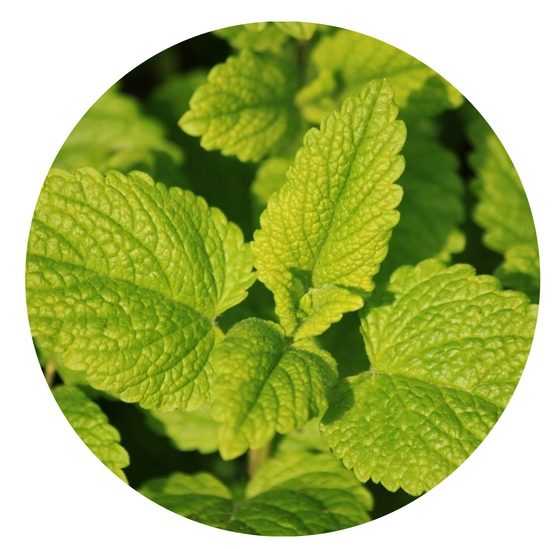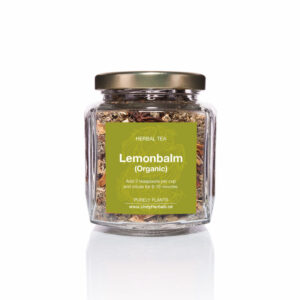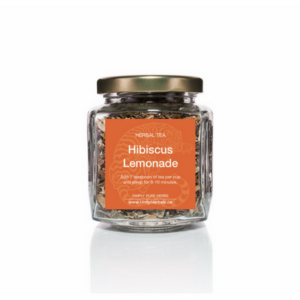
Lemon Balm
Lemon Balm: Melissa officinalis
Part Used
Leaves, aerial parts
Systems
Nervous, Digestive, Endocrine
Key Actions
Anti-fungal; anti-histaminic; anti-microbial; antispasmodic; anti-thyroid; anti-viral; cardiotonic; carminative; diaphoretic; nervine sedative & nervous system tonic
Traditional Uses
Lemon balm has specific use for dyspepsia (indigestion) associated with anxiety and/or a depressive mood and is in a class of plants that herbalists refer to as ‘carminatives’, which aid in the digestion and assimilation of food. It has a pleasant and calming effect on the heart and is said to lift the spirits, while at the same time relaxing nervous tension and anxiety. It is indicated for symptoms typical of hyperthyroidism: anxiety, restlessness, heart palpitations, headache and nervous excitability.
I use this plant in the Winter as a mild anti-depressant, as it has the ability to combat the dark moods that are sometimes referred to as seasonal affective disorder (SAD). Lemon balm, when used regularly, strengthens the brain and its resistance to stress as a tonic to the heart, circulatory system and nervous system. It has traditionally been used topically for gout, and internally for rheumatism, herpes, and viral infections of all varieties, including shingles.
Contraindications
Lemon balm with it’s relaxing effects on the metabolism should be avoided in cases of Hypothyroidism, but is generally a very safe plant which is fine for use by all ages.
Preparations
The best way to consume lemon balm is as tea, which an be made easily by pouring hot water over a few teaspoons of the leaves. If you have the dried leaves in your cupboard these can be stored for a year and still make a potent tea with 2-4g per cup. I combine lemon balm in the Winter with my seasonal favourites like warming ginger and bitter lemon peel to make a delicious Lemon Ginger tea.
Lemon balm makes a great 1:5 tincture at 45% alcohol. When applied topically, it helps to resolve cold sore outbreaks, and internally is a great way to relieve anxiety, nervousness, and upset stomach. Try it combined with damiana, licorice root or rosemary for added effects.





